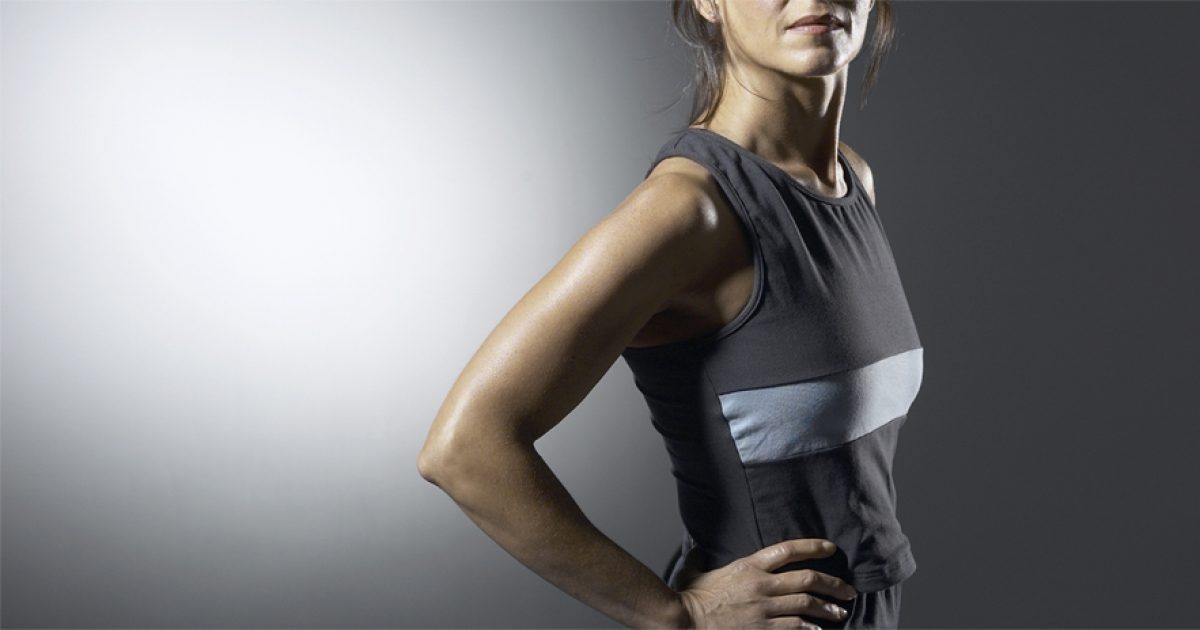
December 2, 2015 - TCO
5 warning signs of eating disorders in athletes
Sports – at all levels of competition – can sometimes cause us to turn a blind eye to problems, or deny that certain problems even exist. The fact is, student-athletes, like all other young men and women, are susceptible to eating disorders. In fact, as competitors they are faced with unique, added pressures, which may actually cause or accentuate these problems. Thankfully, there are many exceptional organizations dedicated to educating the public, and helping those in need, including the National Eating Disorder Association (NEDA) and National Collegiate Athletics Association (NCAA), both of which are sources for this article.
Some of the unique pressures put on student-athletes include:
- Body comparisons in locker rooms
- Discussions of “fat shaming” around fellow young people
- Pressure to run faster, jump higher, and be quicker for their sport
- Sport-specific, form-fitting or revealing attire
- Weight classes or team weigh-ins
- Media portrayals of the “perfect body type” for specific sports
- Critical comments from peers, parents, and coaches
- Coaches and parents excusing excessive exercise as good training
Recognizing an athlete may be suffering from an eating disorder is extremely important, and there are numerous warning signs that fellow students, parents, teachers and coaches should look out for. These warning signs alone cannot diagnose an eating disorder, but can help identify if someone is potentially in trouble.
5 Warning Signs of Eating Disorders in Athletes
1. Over-exercise
Unfortunately, this is sometimes misinterpreted as a good thing, as coaches like to see players who are working harder, and for longer periods of time, than other players. That desirable drive to “succeed” may in fact be a symptom of an underlying problem.
2. Menstrual irregularity in female athletes
This is another symptom which is all-too-often treated as “normal” in the sports environment.
3. Excessive body and appearance-related concerns and comments
– An intense fear of gaining weight
– Frequent checking in the mirror for perceived flaws
– Fear of eating with others or in public
4. Strange eating habits
– Restrictive dieting, binge eating
– Preoccupation with food
– Elaborate food rituals
– Eating strange combinations of foods
– Hoarding food
– Making excuses for not eating
– Frequent bathroom trips immediately after eating
5. Changes in behavior
– Irritability
– Extreme mood swings
– Causing self-harm
– Abuse of laxatives, diet pills, diuretics
– Abuse of alcohol, drugs, other substances
– Withdrawing from normal social activities
– Wearing baggy or layered clothing
What can (and should) we do?
First of all, parents and coaches need to realize how influential they are. They can impact a student-athlete’s life immensely, but that impact can either be positive or negative.
– Structure an atmosphere of positive motivation, and focus on mastering skills, not relentlessness.
– Understand that an eating disorder isn’t simply a person’s eagerness to be skinny to be better at a sport, but rather a very complex disorder that can affect the athlete’s entire life.
– Understand that eating disorders are very common in both male and female athletes, but also that they are very serious conditions.
– Be aware, and report warning signs as soon as you see them.
– Encourage healthy habits, especially regarding proper nutrition at home, at school, and before practice/games.
– Promote a body-positive culture
– Learn about eating disorders from credible, free resources
How to find immediate help
If you or someone you know may be struggling with an eating disorder, there are trained professionals available to help.
– Visit the National Eating Disorder Association confidential chat Helpline
– Call their toll free, confidential Helpline at 1-800-931-2237
At Twin Cities Orthopedics, we understand athletes. In fact, many of us are athletes ourselves, which is why we can relate to the unique challenges and circumstances that athletes face, at all levels of competition. Many of our doctors are local team physicians, and numerous members of our staff at all locations serve as youth sports coaches. It’s our duty and responsibility to be on the forefront of sports medicine and nutrition, and helping athletes perform at their best.

